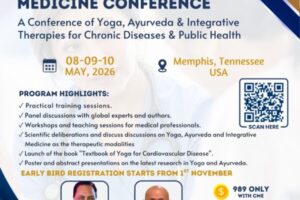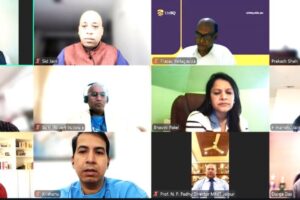Life often delivers hard lessons that Stoic philosophy could have taught decades earlier. Many men only come to fully understand these practical teachings after years of struggle and wasted energy. Stoicism offers clear tools for handling life’s challenges with strength and clarity. Here are ten deep Stoic life lessons men frequently learn too late but that can transform a life if embraced early.
- Your Emotions Are Your Responsibility
“You have power over your mind — not outside events.” — Marcus Aurelius.
Though external events are beyond control, your response to them is fully yours. Many men waste years blaming others or circumstances for how they feel, relinquishing their power. Your interpretation shapes your emotions: a setback or insult is neutral until judged. Controlling emotional reactions prevents damage to relationships and influence, helping build a stable mindset. - Peace Comes From Letting Go, Not Winning Arguments
“The best revenge is not to be like your enemy.” — Marcus Aurelius.
Young men often equate peace with winning or proving others wrong. However, Stoics teach that true peace arises from releasing attachment to uncontrollable outcomes and accepting reality. Fighting inevitable circumstances causes suffering. Choosing peace over needing to be right is a strength, not weakness. - Discipline Gives You Freedom
“No man is free who is not master of himself.” — Epictetus.
Discipline often feels restrictive at first, but lack of it enslaves one to impulses. Real freedom is self-mastery, aligning habits and desires with long-term goals, not instant gratification. Stoics practiced voluntary discomfort to build resilience and delay gratification, laying foundations for achievement. - Most Suffering Comes From Imagination, Not Reality
“We suffer more often in imagination than in reality.” — Seneca.
Many replay past failures or imagine worst-case scenarios needlessly. Examining the present moment shows it is rarely as bad as the mind suggests. Distinguishing real problems from destructive worrying mitigates needless suffering. - Your Social Circle Shapes Your Destiny
“Associate with people who are likely to improve you.” — Seneca.
You become like those close to you. Weak influences drain energy and normalize mediocrity; strong ones challenge and expand your potential. Often unconsciously, your environment molds habits and beliefs. Upgrading your life demands upgrading your association. - You Don’t Need Many Things — Only the Right Things
“Wealth consists not in having great possessions, but in having few wants.” — Epictetus.
Consumer culture pushes envy and accumulation, but Stoics practiced “enough.” Excess possessions bring worries of upkeep, loss, and endless desire without increasing well-being. True wealth is valuing what matters over material status. - Silence Is Stronger Than Outrage
“Silence is a lesson learned from the many sufferings of life.” — Seneca.
The impulse to defend or respond to every slight drains power and harms reputation. The wise man wastes no words on unworthy battles. Silence signals confidence and preserves dignity. - Suffering Is Training, Not Failure
“Difficulties strengthen the mind, as labor does the body.” — Seneca.
Modern culture often avoids discomfort, but Stoics see obstacles as growth opportunities. Pain is unavoidable; how you use it defines you. Adopting a mindset of learning from hardship builds resilience. - Happiness Is a Byproduct of Virtue
“Happiness is a good flow of life.” — Zeno of Citium.
Chasing external achievements offers fleeting joy. Lasting happiness arises from living in harmony with values—acting with integrity and discipline. Daily practice of virtue yields deep, unshakable satisfaction. - Life Is Short — Remember Death
“Think of yourself as dead. You have lived your life. Now take what’s left and live it properly.” — Marcus Aurelius.
Youth breeds illusions of endless time, causing procrastination and neglect. Death’s certainty sharpens clarity and urgency. Reflecting on mortality isn’t morbid but frees you to live fully, have difficult talks, pursue meaning, and cherish loved ones.
These timeless Stoic insights aren’t abstract philosophy—they are practical life tools for deep resilience, purpose, and peace. You don’t have to learn them the hard way. Embracing them now can transform how you face life’s challenges and relationships.










